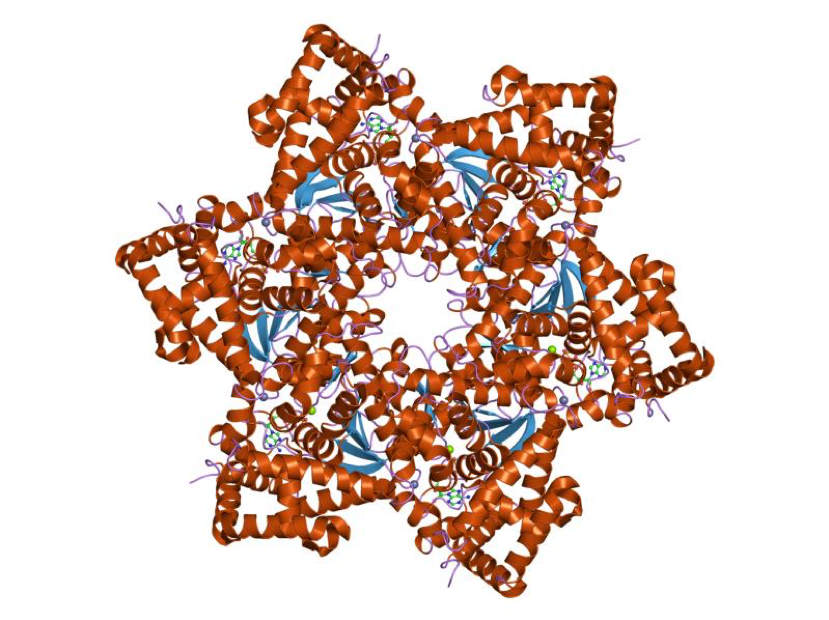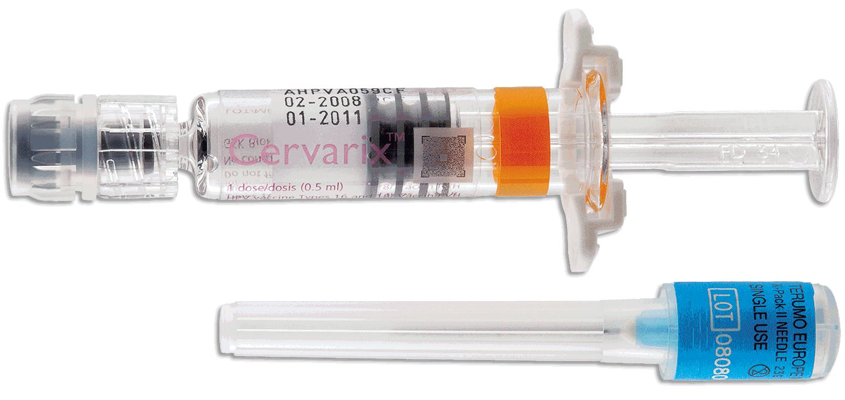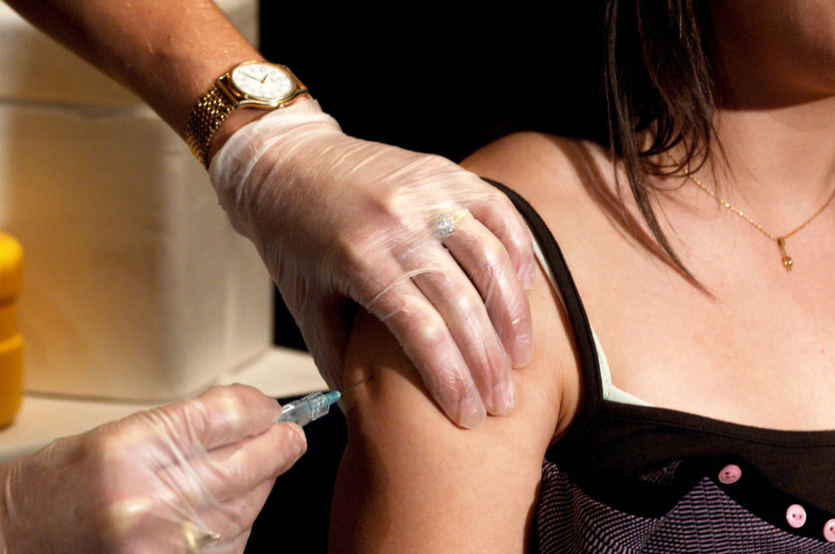“You might start taking precautions of avoiding cervical cancer now—the earlier the better.” Professor Liao Haolei told students during a forum on HPV vaccine popularization. The forum was aimed at introducing HPV vaccines and relevant knowledge to Wuhan University students. Serving in the School of Health Sciences in Wuhan University, Professor Liao has been publicly lecturing on the physical and mental health of university students for years, and at this time, he spent around two hours to expound the significance of HPV vaccines.
According to Professor Liao, the morbidity rate of germ cell tumour in China has remained at a high level, with an upward and younger trend being found in recent years. Fortunately, HPV vaccine can suppress the rise. So, what should we know about this welcomed antidote and when is the prime time for our injections?

Human papillomavirus
HPV refers to human papillomavirus, and the vaccines introduced by Professor Liao are to prevent infection by certain types of human papillomavirus. Recently, three existing vaccines protect against two, four, or nine types of HPV. The first HPV vaccine became available in 2006 and is now recommended by WHO (World Health Organization) as part of the routine vaccinations in all countries. By 2017, 71 countries had achieved this goal, at least for girls.
In July 2016, Cervarix (HPV vaccine 16 and 18) was approved by the China Food and Drug Administration, therefore became the first approved HPV vaccine in China. Then in early 2018, Gardasil (6, 11, 16, 18) also went on the market, and months later, on April 28, 2018, CFDA announced conditional approval of Gardasil 9 (6, 11, 16, 18, 31, 33, 45, 52, 58) in China. All three vaccines protect against at least HPV type 16 and 18 which cause the greatest risk of cervical cancer—accounting for 70% of cases.

Cervarix (4vHPV)
Early age of first sexual intercourse, multiple partners, smoking and poor immune function are risk factors for persistent HPV infections. Sustained direct skin-to-skin contact is a typical spreading pattern for HPV, with vaginal and anal sex being the most common methods. Occasionally it is spread from a mother to her baby during pregnancy; however, common items like toilet seats do not lead to its dispersion—the only source of infection is through people, who can even become infected with more than one type of HPV at the same time.
As Professor Liao answered towards the end of the forum, for Cervarix, 9 to 25 is the best age to get vaccinated, which might be prolonged in the near future after thorough examination. Although it may not exert a lifelong efficacy, the effect will last for about 20 years. For those who want early protection, it is feasible to get doses of Cervarix completed before starting Gardasil injections. HPV vaccines are currently considered safe on the basis of clinical trials, but people with a history of immediate hypersensitivity, moderate or severe acute illnesses are excluded from receiving HPV vaccines; pregnant women are not recommended for the vaccination either.

HPV vaccine
Today, students in Wuhan University can easily get Cervarix injections in the Public Health Division of the WHU Hospital (Campus of Engineering) with their student card and medical record (due to construction, the division has temporarily moved to the Campus of Medicine starting from May 21); however, telephone consulting before visiting the hospital is recommended. Once successfully registered, the first shot can be finished on site. Dose 2 and 3 are required two and six months after dose 1. Gardasil can be injected after reservation.
With HPV vaccine stepping into the limelight, health issues are once again drawing the attention of campus students. Although the vaccine’s popularization might be lagging behind a little in China, it’s never too late to get yourself protected against the risk which is yet to come.
(Photo from the Internet)
(Edited by: XuYumeng, Sun Jingyi,Edmund Wai Man Lai, Liu Jiachen and Liu Xiaoli)


